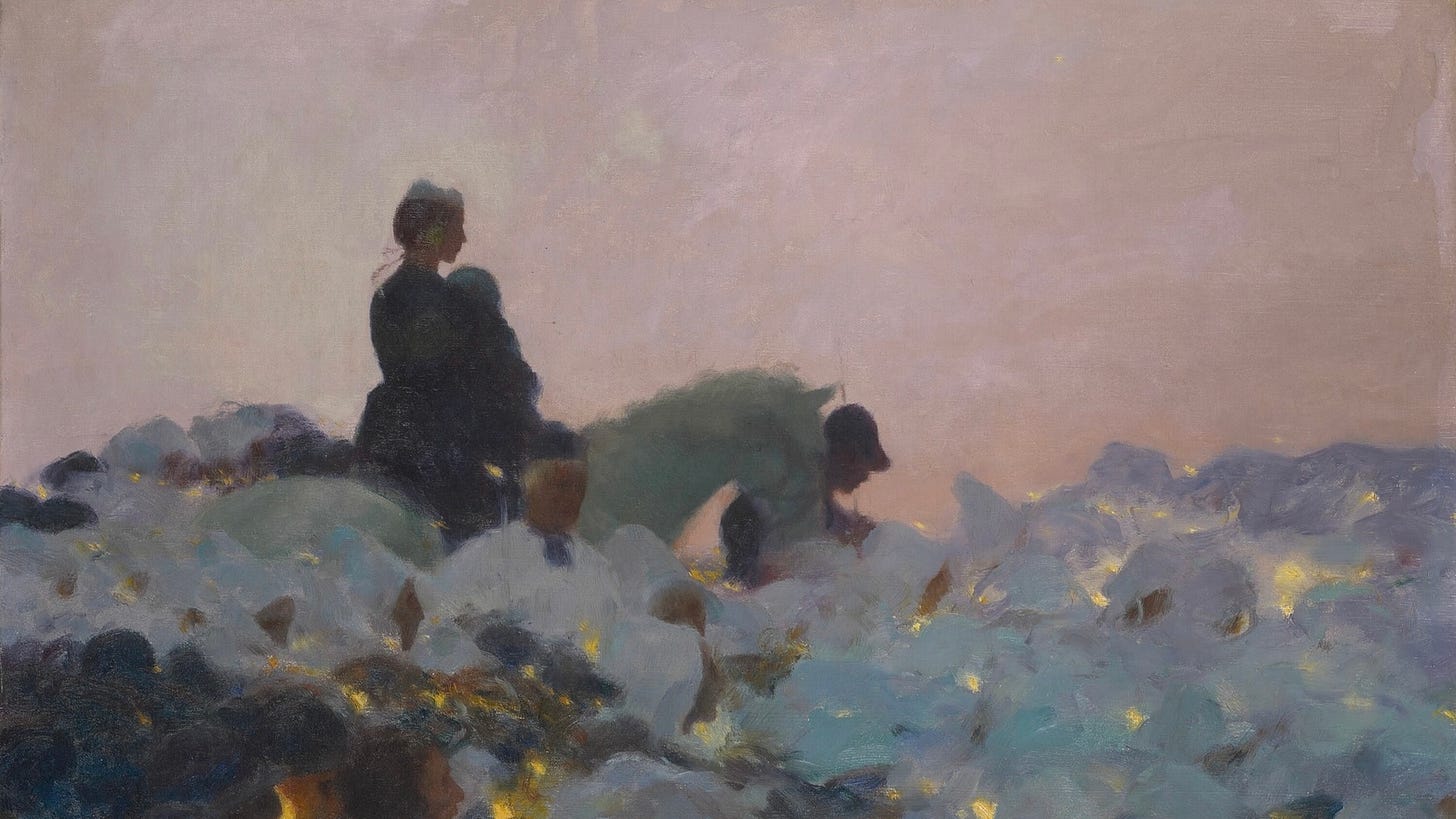Nathan Beacom is a writer and philosopher who works for the Lyceum Movement, an organization devoted to “social, festive events that explore the big ideas of art, philosophy, history and more.” Among these events is the yearly Tallgrass Ideas Festival in Des Moines, Iowa, where Samuel Kimbriel recorded an episode of the WoC podcast last summer. Today, he continues our…
Substack is the home for great culture





